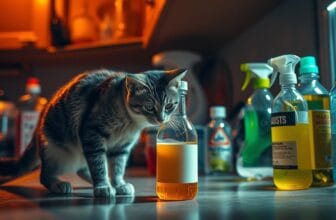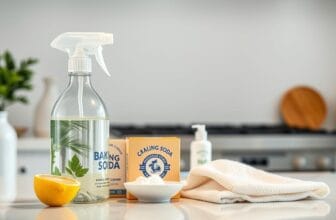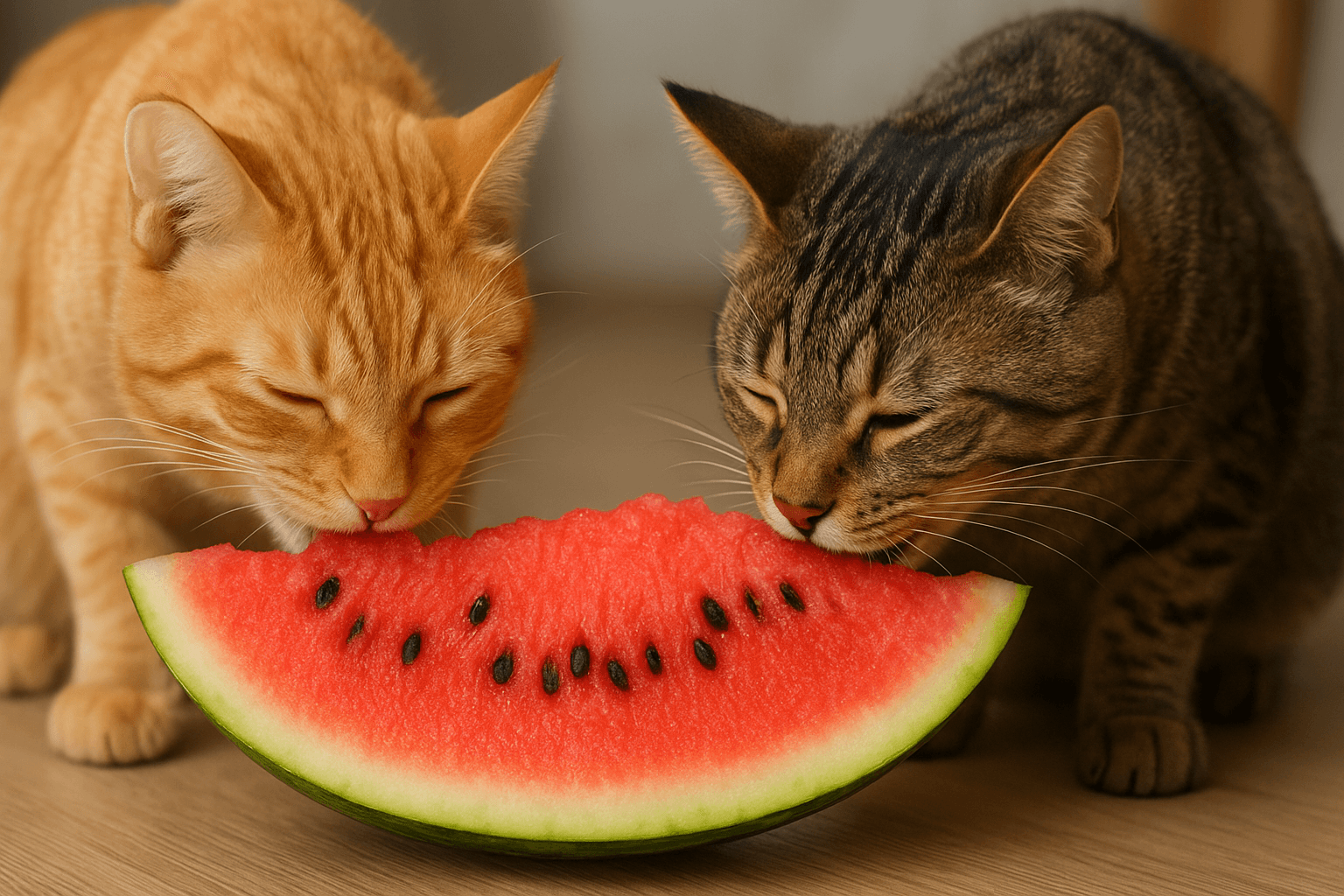
Table of Contents
When the weather gets hot, many of us love reaching for a juicy slice of watermelon. It’s sweet, refreshing, and packed with hydration. But what about your cat—can cats eat watermelon too? The short answer is: yes, cats can safely eat small amounts of watermelon flesh, but there are some important caveats. While watermelon isn’t toxic to cats, it doesn’t offer much nutritional benefit either, and in some cases it may cause digestive upset.
This guide breaks down everything cat owners should know before sharing watermelon with their feline friend, including the health benefits, the potential risks, and the safest way to serve it.
Understanding a Cat’s Diet
Cats are obligate carnivores. That means their bodies are biologically designed to thrive on meat, not plants. Unlike omnivores like humans (and even dogs), cats don’t have a natural need for carbohydrates, sugars, or fruit. Their digestive systems and metabolism are specialized to extract nutrients—such as taurine, arachidonic acid, and vitamin A—directly from animal protein.
One key fact to remember: cats also lack the taste receptor for sweetness. So, when your cat shows interest in watermelon, it’s not because of the sugary flavor—it’s usually the texture, moisture, or curiosity about what you’re eating.
Are Watermelons Safe for Cats?
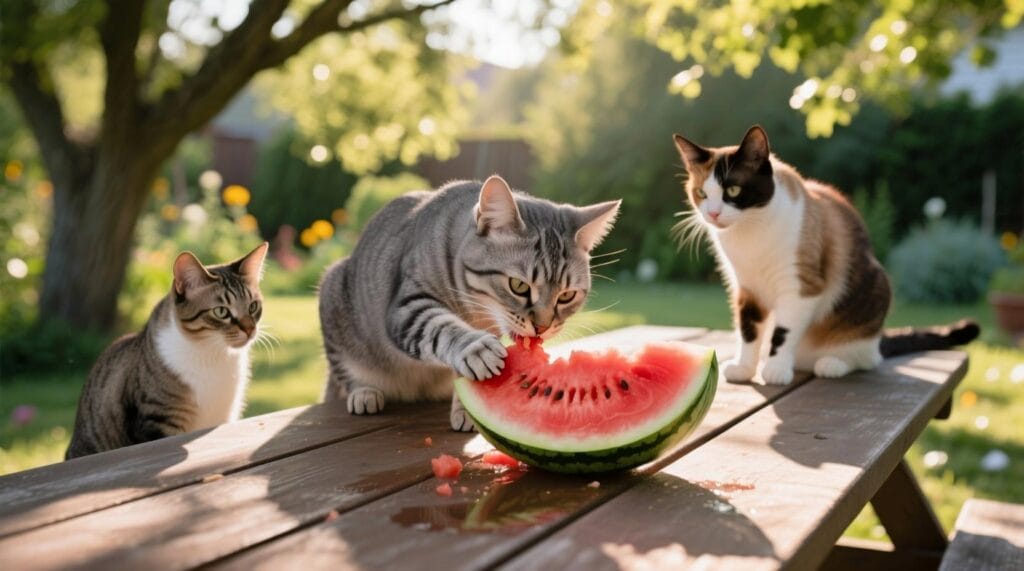
Yes—watermelon is not toxic to cats. If your cat sneaks a bite of the red flesh, you don’t need to panic. Veterinarians generally agree that watermelon is safe in moderation, provided it is seedless and rind-free.
That said, “safe” does not mean “necessary.” Since watermelon provides no essential nutrients for cats, it should always be considered an occasional treat, not part of their regular diet.
Nutritional Snapshot of Watermelon
For humans, watermelon is a powerhouse of hydration and micronutrients. One cup of diced watermelon contains about:
- 92% water
- ~45 calories
- ~9 grams of sugar
- Trace amounts of vitamin C, potassium, and fiber
For cats, however, the nutritional value is much less meaningful:
- Hydration boost: The high water content can be refreshing for cats, especially during summer or if they don’t drink enough water.
- Trace vitamins: Cats don’t absorb plant-based vitamins the same way humans do, so benefits like vitamin C are negligible.
- Low calories: A small bite won’t overload their diet, but the sugar and carbs aren’t ideal.
In short, watermelon is more of a novelty snack than a health food for cats.
The Risks of Feeding Watermelon to Cats
While watermelon flesh is generally safe, there are several risks cat parents need to know:
1. High Sugar and Carbohydrate Content
Cats don’t need sugar or carbs. Too much watermelon can cause:
- Weight gain
- Spikes in blood sugar (dangerous for diabetic cats)
- Potential long-term metabolic issues
2. Seeds
Watermelon seeds pose two problems:
- Choking hazard: Especially in small cats or kittens.
- Cyanide traces: Watermelon seeds contain small amounts of cyanide compounds (like many fruit seeds). While a few seeds won’t usually harm a cat, it’s best to remove them entirely.
3. Rind
The green outer rind is tough, fibrous, and difficult to digest. Eating rind can lead to:
- Gastrointestinal upset
- Blockages or constipation
- Choking risk
4. Digestive Sensitivity
Even with just the flesh, some cats may develop:
- Vomiting
- Diarrhea
- Stomach discomfort
Every cat reacts differently, so first-time feedings should be cautious.
Which Cats Should Avoid Watermelon?
Watermelon isn’t suitable for all cats. You should avoid offering watermelon if your cat:
- Has diabetes → the sugar content is unsafe.
- Is overweight or prone to obesity → empty calories and sugar worsen the problem.
- Suffers from digestive issues → fruits may trigger stomach upset.
- Is a kitten → young cats have delicate digestive systems and are at higher risk of choking.
For these cats, it’s best to skip watermelon entirely.
How to Feed Watermelon to Cats Safely
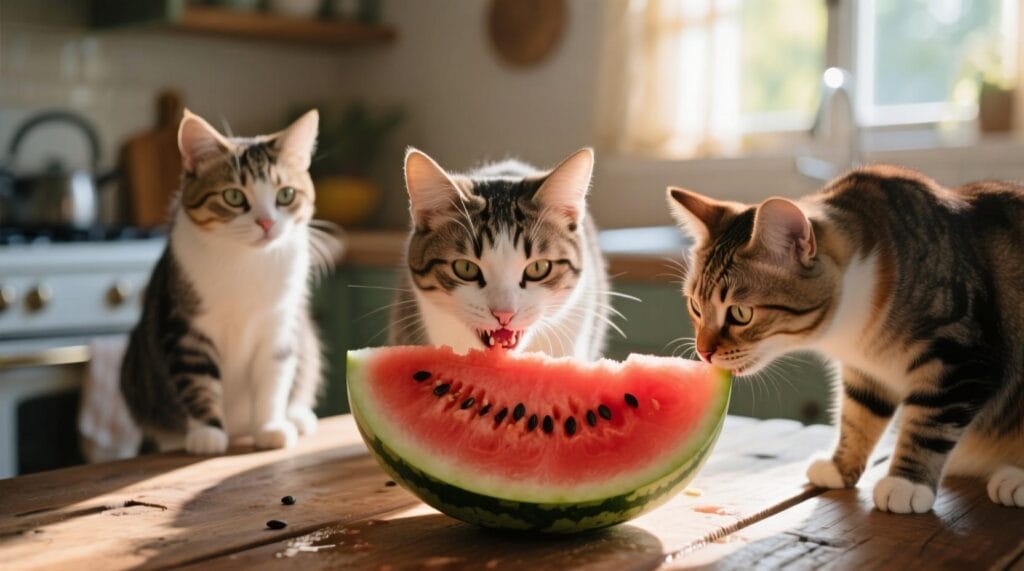
If your veterinarian agrees that your healthy adult cat can have watermelon, follow these steps to ensure it’s safe:
- Wash the fruit thoroughly. Pesticides or bacteria on the rind can transfer when slicing.
- Cut away the rind completely—never serve it.
- Remove all seeds, even the small white ones.
- Cut the flesh into small, bite-sized cubes—about the size of a cat treat.
- Offer only a tiny amount: One or two small cubes is enough.
- Monitor your cat for the next 24 hours for signs of digestive upset.
💡 Tip: Frozen, seedless watermelon cubes can make a refreshing summer treat for cats—just remember to keep portions tiny.
Portion Control: How Much Is Too Much?
When feeding treats like watermelon, remember the 10% rule: treats should never make up more than 10% of your cat’s daily calories.
For example:
- The average indoor cat needs about 200–250 calories per day.
- That means no more than 20–25 calories from treats daily.
- Since 1 cup of diced watermelon = ~45 calories, a cat should only have a few bite-sized cubes at most.
Alternatives to Watermelon for Cats
If your cat enjoys trying new foods, there are safer and more nutritionally beneficial alternatives to watermelon.
- Cantaloupe or honeydew melon (seedless, rind removed, very small pieces)
- Blueberries (rich in antioxidants, safe in moderation)
- Apple slices (peeled, no seeds or core)
- Cucumber (low calorie, hydrating, easy to digest)
Still, remember that cat-specific treats or high-quality wet food are far better options for regular rewards. Fruits should be viewed as rare novelty snacks.
Final Thoughts
So—can cats eat watermelon? Yes, healthy adult cats can nibble on a small piece of seedless, rind-free watermelon from time to time. It’s non-toxic, refreshing, and safe in moderation.
However, watermelon is not necessary in a cat’s diet. Cats gain little nutritional value from fruit, and too much can cause digestive upset or contribute to health problems.
If you’d like to share a summer treat with your cat, go ahead and offer a tiny cube of watermelon flesh. Just remember:
- No seeds
- No rind
- Very small portions
- Occasional treat only
And as always, if your cat has existing health issues or you’re unsure about introducing new foods, consult your veterinarian first.
🍉 Bottom line: Watermelon can be a fun novelty snack for cats, but meat-based nutrition will always remain the cornerstone of feline health.
Frequently Asked Questions (FAQ)
Can diabetic cats eat watermelon?
No. The natural sugars in watermelon can spike blood glucose and worsen diabetes.
Are watermelon seeds dangerous for cats?
Yes, seeds can cause choking and contain trace cyanide compounds. Always remove them.
Can kittens eat watermelon?
It’s best to avoid. Kittens have delicate digestive systems and higher choking risks.
How often can cats have watermelon?
Watermelon should be offered only occasionally—think a bite or two once in a while, not daily.
Can cats eat frozen watermelon?
Yes, frozen cubes of seedless flesh are fine in moderation and may help keep cats cool in summer.
Sources:
PetMD – Can Cats Eat Watermelon?
https://www.petmd.com/cat/nutrition/can-cats-eat-watermelon
Purina – Can Cats Eat Watermelon?
https://www.purina.com/articles/cat/feeding/can-cats-eat/watermelon
Petco – Can Cats Eat Watermelon?
https://www.petco.com/content/content-hub/home/articlePages/food-nutrition/can-cats-eat-watermelon.html




